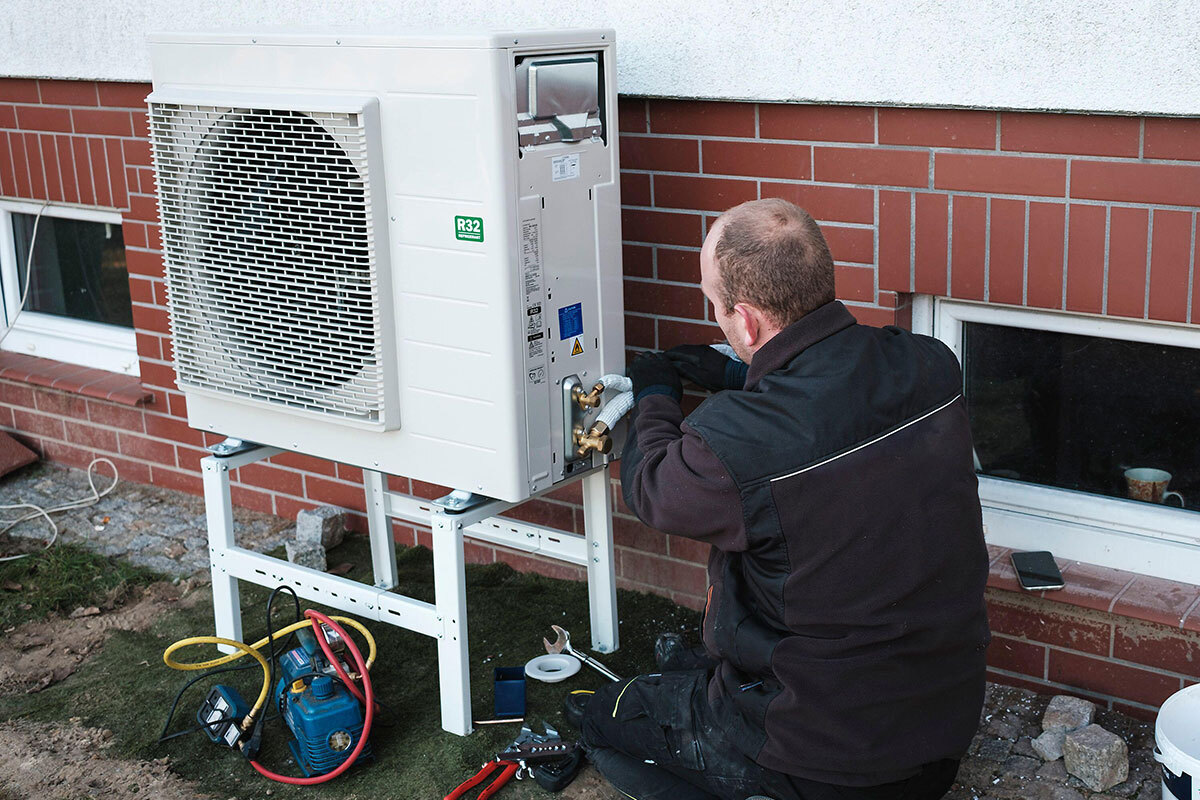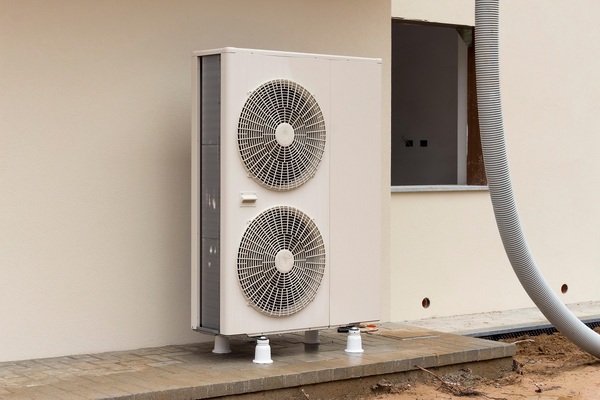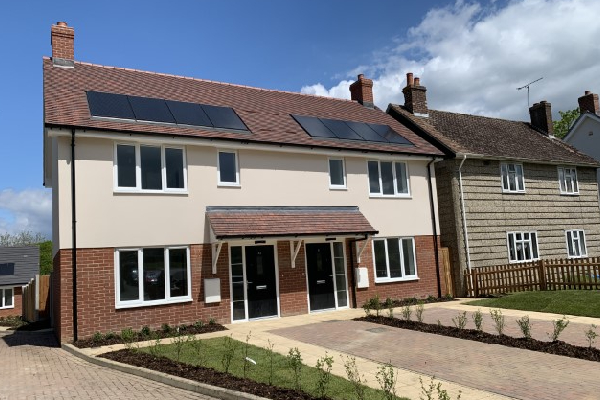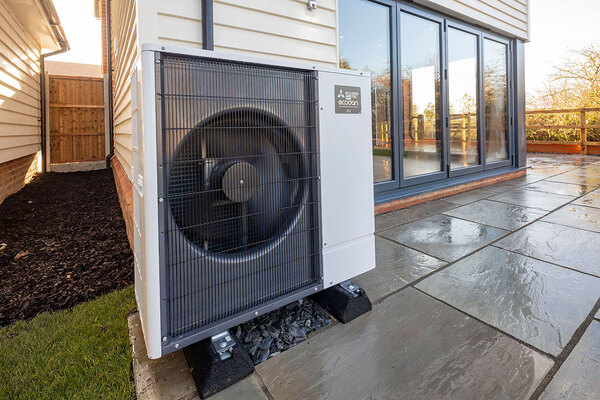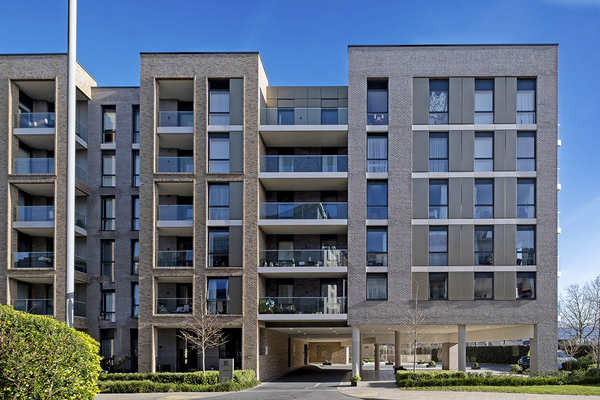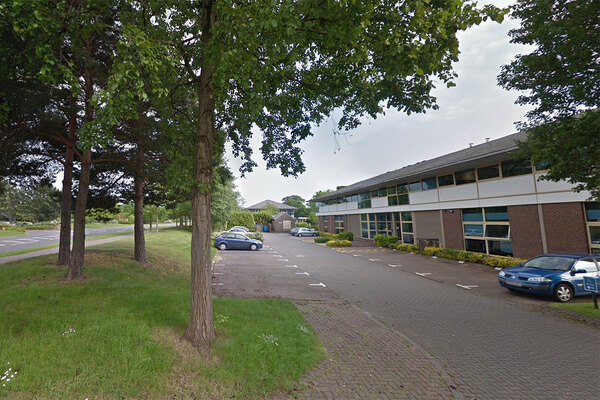Government must fund £34bn switch to heat pumps in social housing, experts say
The government must “fully fund” the switch to heat pumps and heat networks in social housing, Britain’s official infrastructure advisors have said.
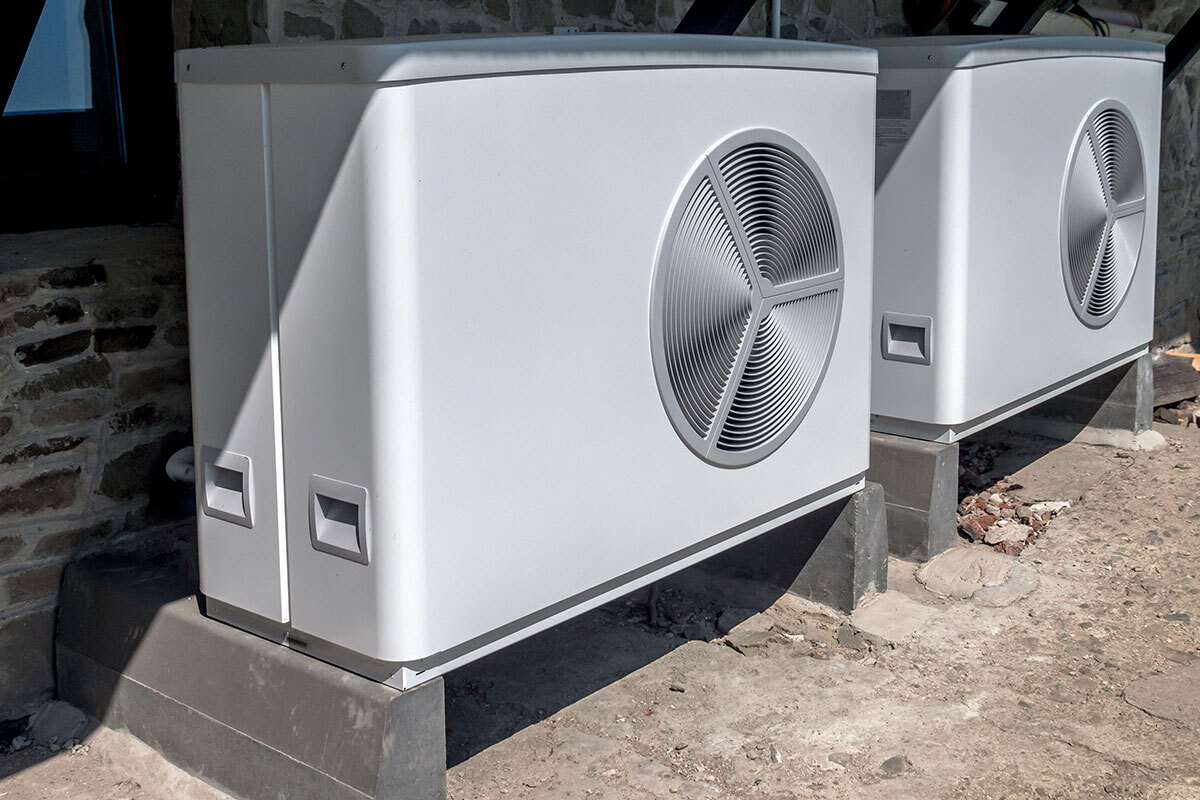
The National Infrastructure Commission (NIC) has urged ministers to allocate £33.8bn between 2024 and 2050 on low-carbon heat in the social housing sector and to devolve retrofit budgets to local authorities to deliver the works.
The NIC recommended that 35% of this funding should be committed by 2035.
In its latest assessment of the UK’s infrastructure published this week, the commission ruled out hydrogen as a low-carbon alternative for heating individual homes.
“Heat pumps and heat networks are the solution,” it said. “They are highly efficient, available now and being deployed rapidly in other countries.”
The report continued: “Even for housing associations, the costs of switching heating systems would be hard to recover from social rents. Government will therefore need to fully fund the switch in all social housing to ensure it happens.”
Given the high upfront cost of installations and electricity costs, kick-starting the market for heat pumps and heat networks will require “urgent action” from government, the advisors said.
This will require ministers to commit £1.5 to £4.5bn per year to improve energy efficiency and install heat pumps across the public sector estate and social housing, they argued.
The Social Housing Decarbonisation Fund should be extended to deliver £5.1bn of spending on retrofit improvements between 2024 and 2030, the NIC said.
In addition, the fund should also be devolved directly to local authorities in multiyear funding packages, rather than the existing approach of “competitions for available funds”.
In addition, it said the government should provide an upfront subsidy of £7,000 to households installing heat pumps or connecting to heat networks, alongside access to zero per cent financing, backed by the government, for the additional cost.
Noting that households on lower incomes and those in vulnerable circumstances “could stand to benefit the most from improved energy efficiency but are also least likely to be able to afford it”, the commission said that financial support for low-carbon heating should be targeted “at lower income households, including those living in social housing”.
Ministers should also outline a plan to tighten regulations for the private rented sector, the report added.
The NIC was established as an executive agency of the Treasury in 2017. Its recommendations are not binding on the government, but ministers are required to respond within 12 months.
Inside Housing understands that the Department for Energy Security and Net Zero (DESNZ) welcomed the NIC’s report and will respond to the recommendations in due course.
A DESNZ spokesperson said: “We are investing £6.6bn in clean heat and energy efficiency, with a further £6bn of new funding from 2025 – providing long-term funding certainty, supporting the growth of supply chains and ensuring we can scale up delivery over time.”
Sign up for our asset management newsletter
Already have an account? Click here to manage your newsletters

